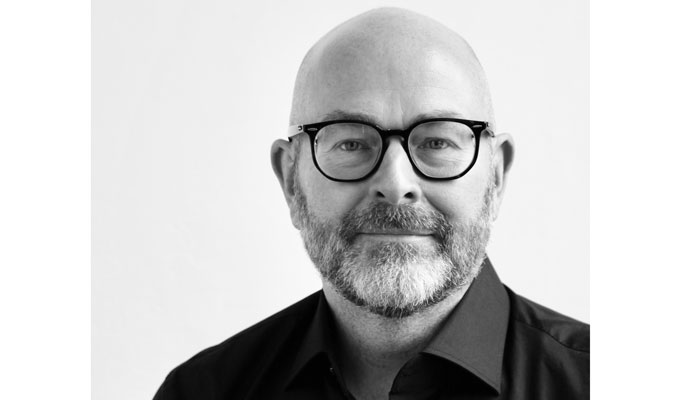Rethinking careers: business leaders need to explore non-traditional hires if they want to guarantee the best teams

The world of work has changed profoundly, here in the UK and in many parts of the world. The pandemic has brought a seismic shift in attitudes towards how and where we work, both from the perspective of employee expectations and employer licence. But there was a change happening in the nature of careers long before we all went into lockdown; one that both companies and new entrants to professional life need to pay attention to.
My role is Managing Partner & CEO of Wilson Fletcher, a small, specialist business innovation consultancy I co-founded almost 20 years ago. I’m mainly a practitioner, spending most of my time helping leaders of established companies figure out where to go next, and how to get there. I also have to set the direction for our own company, and help to grow and develop the people in our team. I’m a weird hybrid; part designer, part business strategist, part all sorts of things. I have little formal training in any of the things I do (and some would say it shows...). Originally I trained to be an architect. I don’t fit a standard box and I often find it hard to describe to people outside of our industry what I actually do.
That’s a challenge, and, much more so, an opportunity for young people joining companies like ours at the start of their professional lives. As I look across our team, we find it harder and harder to come up with job titles for people because their roles don’t have traditional limitations. And nor do the people doing them.
Increasingly, as the digital economy rewrites the rules of many aspects of everyday life and work, we need people who haven’t followed traditional career paths. We need diverse thinkers with varied interests who are willing to build a unique body of experience that makes them super-valuable.
In our team, I can give you two examples at differing ends of the scale. Emma is a Managing Partner in our business. She basically runs the place, but she’s also an expert programme designer, able to shape projects to deliver solutions to really complex challenges. There’s no course out there teaching that skill and I’m not sure there can be. Emma did an applied arts degree, specialising in jewellery-making. She joined us 11 years ago to manage our research facilities. We could tell she was smart, but we couldn’t possibly have known that she’d end up where she is, and she’s grown a skill set that few, if any, others have by thinking in her way and collecting a diverse range of on-project experiences over many years.
Meanwhile, at the start of her professional career is Lauren, who joined us on an internship at the beginning of the year. Lauren wrote to us after I’d posted an article on LinkedIn saying that we were looking to recruit and wanted people who didn’t fit traditional boxes.
She did a fine art degree, then a masters in sustainable design, and is interested in design research, which is what she’s currently doing with us, already making an impressive contribution to the work we do. I have no idea what she will be doing in 11 years but I will bet that she will also have carved out a role that is equal parts hard to label and incredibly valuable to the world we live in then: our job is to help her gather the experiences she needs to get there.
So, as we shake off the imposed constraints from the last two years and move into a world of hybrid working, I’d urge all employers to open their minds to recruiting interesting young people – tomorrow’s hybrid professionals – whose CV is not obviously vocational or ticking the boxes on a job spec. In fact, in many cases, you can do away with those traditional job specs. Instead put your needs out to the market and listen to applications from people who, while they may not fit in a neat box, could prove to be the future of your business.
And to the new generation of people hitting the workplace I’d say don’t be afraid to be honest about not having a laser-sharp career path in your head, and certainly don’t be afraid to feel your way for a while, because all of those experiences you collect in areas that interest you will contribute to shaping a career that’s all your own.
Add your comment



